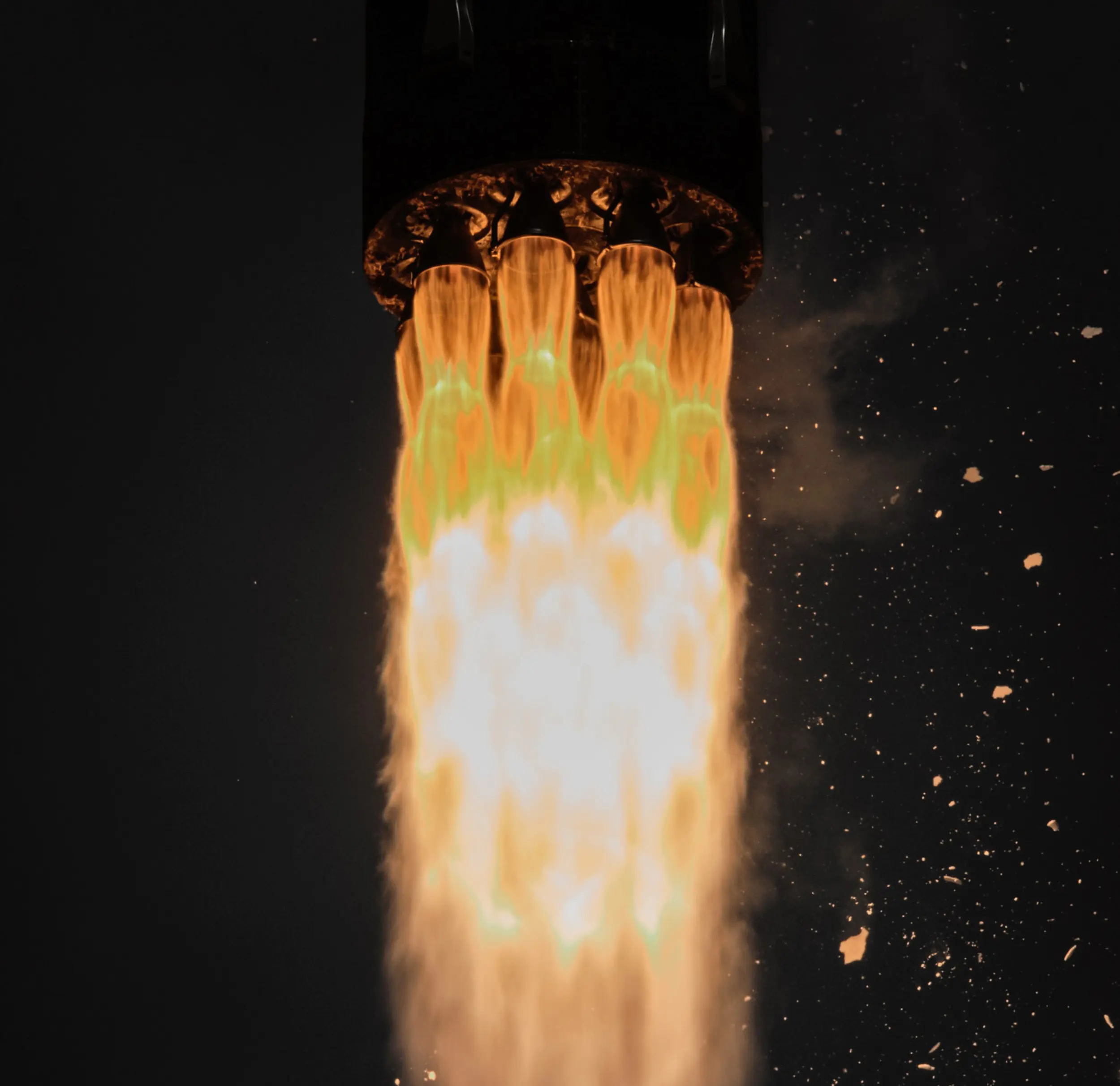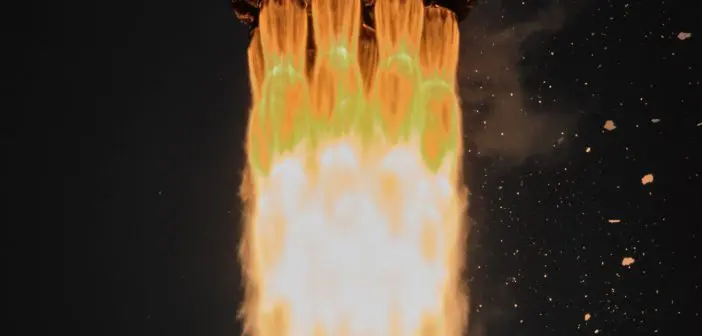
Rocket Lab has successfully conducted its 60th Electron rocket launch this week from New Zealand’s North Island. The ‘Fasten Your Space Belts’ mission lifted off from Rocket Lab’s Mahia Launch Complex just after midday on February 19. Onboard was a Gen-3 satellite for BlackSky’s Earth-imaging satellite constellation. It is the first of multiple Gen-3 launches Rocket Lab will undertake for BlackSky.
The launch was Rocket Lab’s second this year. The NASDAQ-listed company has its origins in Auckland. It has not said how many launches they plan this year beyond saying it will be more than 2024’s sixteen launches.
This week’s launch was the ninth time BlackSky has used Rocket Labs to get its assets into orbit. The first time was in 2019. BlackSky describes itself as a “space-based intelligence company.” Among other things, the company sells imagery from its low-Earth satellite constellation.
The Fasten Your Space Belts mission was the first time BlackSky sent one of its Gen-3 satellites into orbit. It plans to launch at least 12. BlackSky says its Gen-3 satellites will add high-resolution 35-centimetre imaging capabilities to its high-cadence, low-latency data and AI-enabled analytics products.
“The successful launch of our first Gen-3 satellite represents a major step forward in delivering transformative, next-generation space-based intelligence capabilities to our customers,” said BlackSky CEO Brian O’Toole. “We look forward to commissioning this new satellite and delivering very high-resolution imagery and AI-enabled analytics at industry leading speeds.”
BlackSky doesn’t exclusively rely on Rocket Lab for launch capability. It also uses SpaceX and the Indian Space Research Organisation (ISRO). However, BlueSky did purchase another five rocket launches from Rocket Lab in 2023. Each launch is reportedly worth USD7.5 million to Rocket Lab.
During the webcast for the 60th Electron rocket launch, Rocket Lab said that the next launch was planned from New Zealand in “a few short weeks.” While dates remain unconfirmed, its 2025 launch manifest includes Electron missions for other commercial and government customers. It is also plannng sub-orbital HASTE missions from Launch Complex 2.
Rocket Lab’s growing ties with US government agencies
Just days before this week’s launch, Rocket Lab has signed launch contracts with the Institute for Q-shu Pioneers of Space (iQPS), a Japan-based Earth imaging company. The contract calls for three launches from Mahia this year and one in 2026. Each mission will carry a single satellite to form part of iQPS’ planned constellation of 36 synthetic aperture radar satellites.
Rocket Lab is also increasing its engagement with US agencies. The company also has a US launch pad in Virginia. The Electron rockets are the second most launched annually in the US, behind only SpaceX.
In early January, NASA said it would use the company’s still under development Neutron rocket for launch services through Rocket Lab’s existing VADR (Venture-Class Acquisition of Dedicated and Rideshare) contract.
Rocket Lab says its Neutron rocket is ideally placed to be on-ramped on to the US Government’s National Security Space Launch (NSSL) Lane 1 program, a contract valued at USD5.6 billion over a five-year period.
Rocket Lab is also involved in developing hypersonic weapons for the Pentagon, cementing its status as a lead defence contractor in the US.





